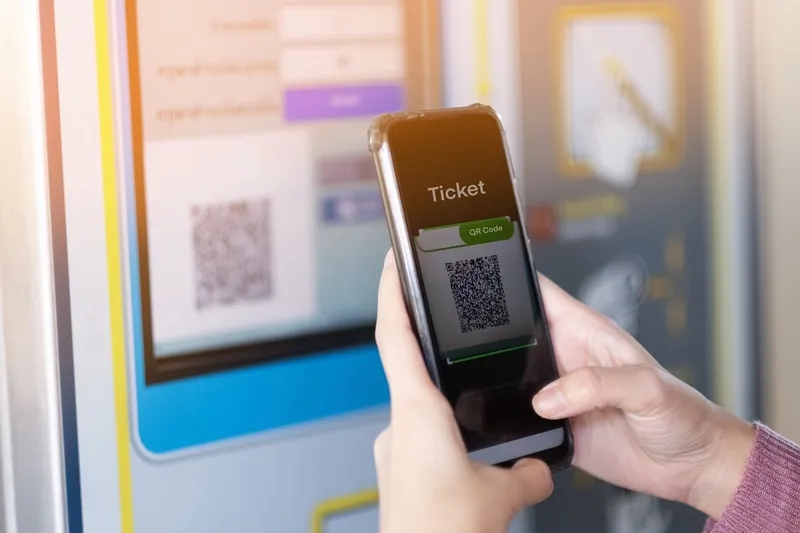KSW Microtec, a leading supplier of RFID components and inlays for secure cards and eDocuments, has added a new innovation to its product portfolio, a smart Mobile Phone Sticker (MPS) for ePayment, eTicketing, loyalty and access control applications.
January 25, 2012
Read time: 1 min

For card manufacturers and system integrators, the new MPS provides a solution for a new generation of payment devices in parallel to payment cards and other current form factors. It comes in customised layouts, and is compatible with variety of RFID chips such as the Mifare family, as well as with chip technology for payment transactions including Fastpay. As it can carry visual branding it is also an ideal marketing tool for issuers and can be personalised individually.










